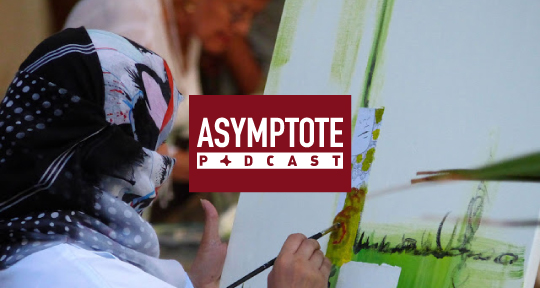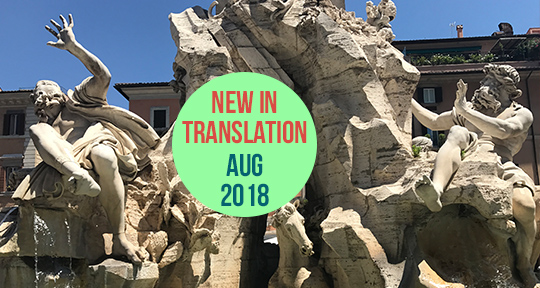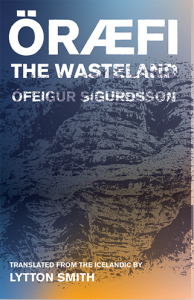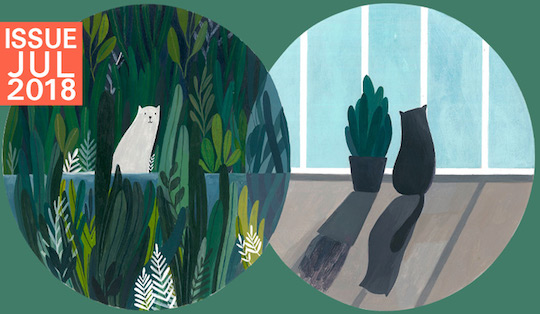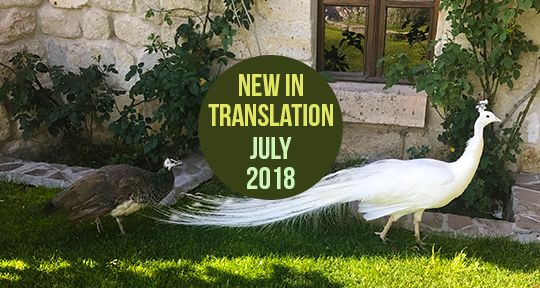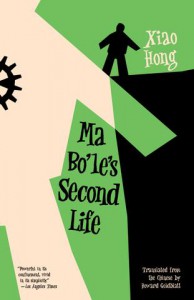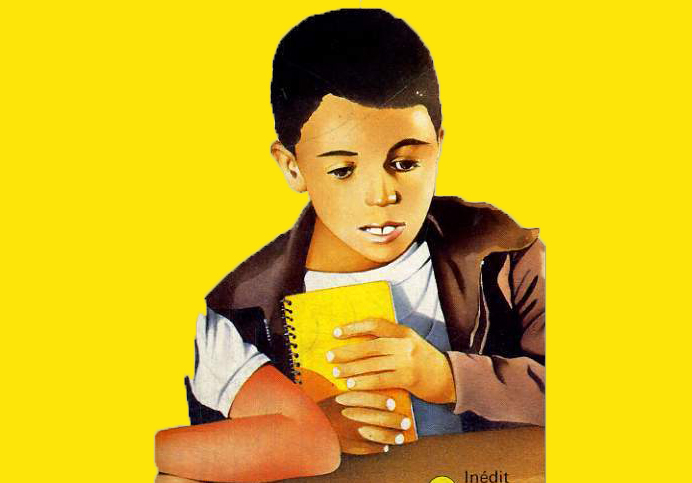Fall’s footsteps can already be heard in literary circles. As summer hosts its last open-air festivals, prize organizers and publishers are gearing up for a new season of surprises. In today’s dispatch, our Editors-At-Large from Europe tell us more about what is going on in the Czech Republic, Portugal, and France in this transitionary period. Come back next week for this summer’s last dispatch.
Julia Sherwood, Editor-at-Large, reporting from the Czech Republic:
Held from 1 July to 4 August at venues in five cities – Brno, Ostrava, Wrocław, Košice and Lviv – across four countries, Authors‘ Reading Month (ARM) may well be Europe’s biggest literary festival. It is certainly a major logistical feat: now in its 19th year, the festival featured 100 authors from six countries. Turkey alone, this year’s guest country, was represented by more than thirty authors, including Nedim Gürsel, Murathan Mungan, Ayfer Tunç and Çiler İlhan. A strong Czech contingent featured prize-winning novelists Bianca Bellová and Josef Pánek, bestselling writers Michal Viewegh and Alena Mornštajnová, as well as a plethora of poets.


